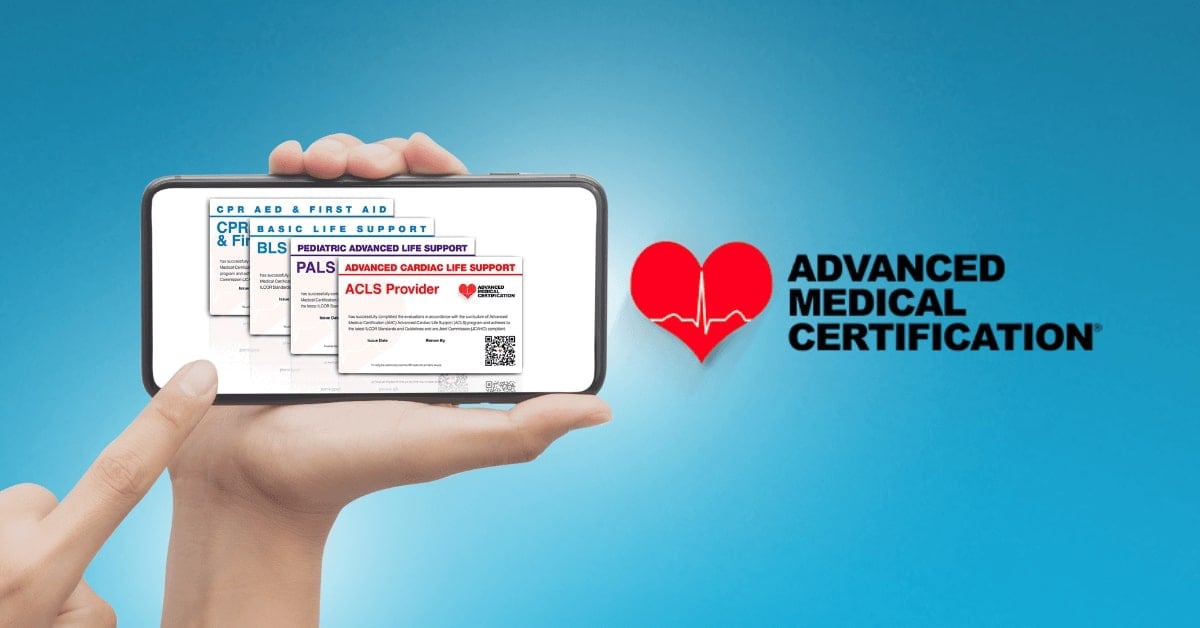- Joined
- Jan 15, 2018
- Messages
- 2,191
- Reaction score
- 2,803
I am always looking for little ways to improve my anesthesia skills. Always willing to critique myself and find newer, maybe better ways to do things. I don't mind ACLS recert, MOCA, CME, etc. That being said..... I am recertifying with AHA ACLS..... and it is terrible! I honestly feel like I am getting more dummer. It is like they are not focusing on patient care or how to code a patient. Here are some of the questions:
"what are the four parts of patients systems?" And one of the answers was system.
Next question "do you suction patient, measure oral airway then insert OA or measure OA, suction patient then insert OA."
What tone of voice should you use?
"Which 3 members out of the 6 members make up the triangle of care?"
Should you encourage other members?
"Decrease chance of survival per minute from OHCA 5-7%, 7-10%, or 11-13%?"
Next code I walk into I am going to yell (nevermind, state in a kindly voice while encouraging) "How many minutes since his OHCA? Multiply that by 7.0-10.0% and give me his chance of survival. For god's sake this man is dying, someone quickly find out whether it is system, support, patient outcome and debriefing or if it is support, patient outcome, system and preparation that make up patient support systems! Bill get out of the triangle of care. You are pushing meds, you are not the manual defibrillator. What are you thinking?!?"
I think the Bob's have won. ACLS is now more about pushing pencils then helping the patient. Don't waste your time or money if you can help it!
"what are the four parts of patients systems?" And one of the answers was system.
Next question "do you suction patient, measure oral airway then insert OA or measure OA, suction patient then insert OA."
What tone of voice should you use?
"Which 3 members out of the 6 members make up the triangle of care?"
Should you encourage other members?
"Decrease chance of survival per minute from OHCA 5-7%, 7-10%, or 11-13%?"
Next code I walk into I am going to yell (nevermind, state in a kindly voice while encouraging) "How many minutes since his OHCA? Multiply that by 7.0-10.0% and give me his chance of survival. For god's sake this man is dying, someone quickly find out whether it is system, support, patient outcome and debriefing or if it is support, patient outcome, system and preparation that make up patient support systems! Bill get out of the triangle of care. You are pushing meds, you are not the manual defibrillator. What are you thinking?!?"
I think the Bob's have won. ACLS is now more about pushing pencils then helping the patient. Don't waste your time or money if you can help it!


